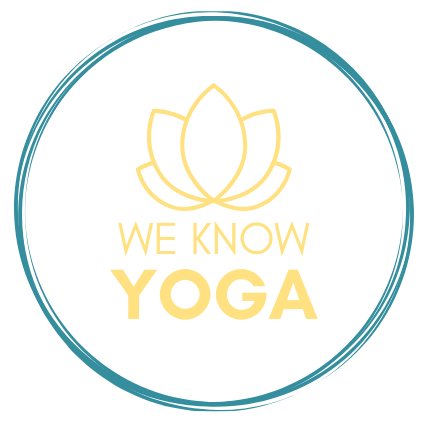Yoga can be challenging—there is no doubt about it. It is a practice that pushes us mentally, physically, spiritually and emotionally. You have to dig deep to find strength of mind and body, and—probably the most difficult—to accept who we are and where we are.
When we reach that moment of acceptance and compassion on the mat, we uncover incredible rewards off the mat. Yoga helps us learn to see power and possibility in ourselves, which is important for everyone, but incredibly important for people practicing with a disability. Here are some ways you can modify your yoga practice.
Chair Yoga for Mobility Issues
People with mobility limitations can modify many yoga poses so they can be done seated in a chair. Chair yoga can be practiced by anyone who needs weight support, is managing an injury or uses a walker, cane or wheelchair. Some poses you can modify in a chair include:
Hatha Yoga for Arthritis Relief
If you have arthritis, a gentle hatha yoga may help relieve your joint pain and stiffness. There are several yoga studios online that let you follow a specific style or teacher while practicing right in your own home. Many of them offer monthly subscriptions or free trials, so you are able to shop around and find one that is most helpful to you. For example, Yoga Download and Gaia both offer hatha courses for as little as $10 a month. You’ll practice some of the best poses and modifications for arthritis relief, including:
Balancing Poses Modifications for Traumatic Brain Injury
People recovering from a traumatic brain injury (TBI) will likely have to deal with the impact of their injury for the rest of their lives. Yoga can help them gain back some of their lost abilities, especially when it comes to balance. Modify these balancing poses to help continue finding hope and healing in your yoga journey:
- Use props to balance on one leg with the other extended in Warrior III.
- Balancing half moon pose has many modifications and variations to increase accessibility.
- A strap can help dancer’s pose open up your shoulders and hips while working on balance.
Knee-Replacement Pose Modifications
Yoga after knee surgery can aid in the rehabilitation process when carried out with your doctor or physical therapist’s approval. In fact, you’ll probably already see many similar poses between yoga and your PT. Yoga can help to eliminate bad posture that can result from or even contribute to your knee problems. Modify these poses while you build your knee back up in recovery:
- Low lunge with a blanket
- Bolster under the body for child’s pose
- Block between the thighs for chair pose
Adaptive Poses for Cerebral Palsy
One of the reasons yoga is so appealing is that poses can be adapted to fit the needs of just about anyone. There is not one “correct” way to do a pose, as every pose will be different in every body. More importantly, however, is that no matter how much you adapt or modify, there are still many benefits, such as building strength and lengthening muscles, which are extremely important for people with cerebral palsy. Consider adaptive poses such as:
- Downward facing dog with a pyramid of bolsters.
- Reclined spinal twist with a pillow between the knees.
Pranayama for Multiple Sclerosis
Many people with a multiple sclerosis (MS) diagnosis claim that yoga gives their body more overall strength, improves balance, and helps ease pain. The breathing practices of yoga—called pranayama—can also help people with MS find focus and grounding during an episode. Some poses you can try include:
Yoga Modifications for Vision Impairment
Yoga and its many benefits can help children or adults with visual impairment build a strong and confident life with better physical and mental health. With their functional limitations of the eyes, entering and exiting poses safely and in alignment can be a challenge. Bring some stability to your life and your yoga practice with these modifications:
- Modify standing poses by holding on to a wall or a chair, and by listening to audio or video with instructors who use very detailed verbal cues.
- Practice a seated and kneeling variation of sun salutations.
- Get your service animal practicing yoga with you.
Yoga is a practice for every body. If you can breathe, you can practice yoga. Finding modifications that make the practice more accessible will be life changing for you and can help you build strength and flexibility in both mind and body. People who have some yoga experience as well as those new to the practice can find their way with the help of modifications. For those who want more assistance as you learn, consider asking a friend or caregiver to support you and enhance your experience.
